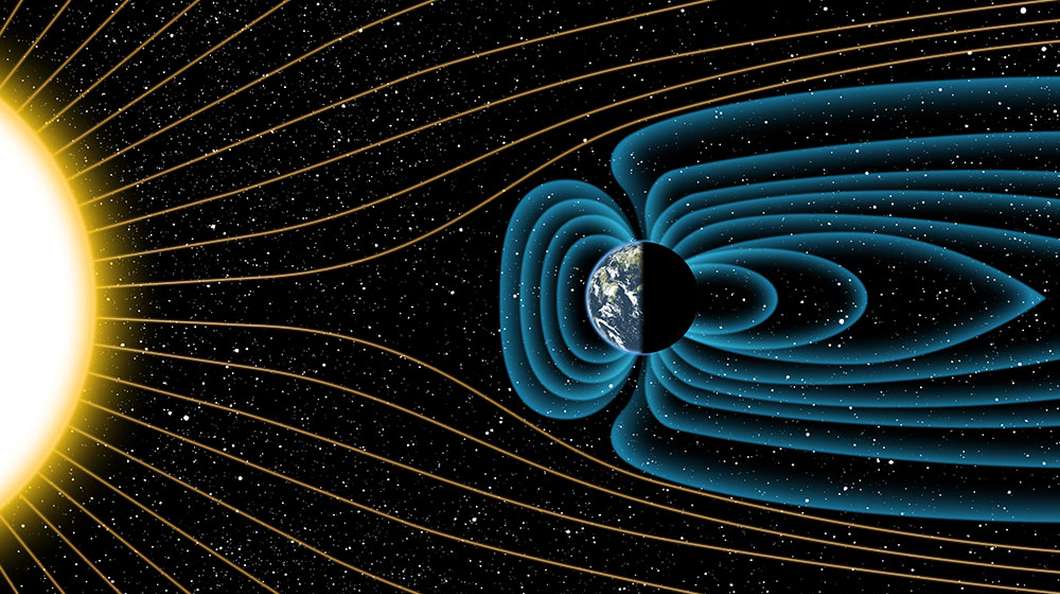
The Earth's magnetic field is crucial to life on the planet. It keeps out harmful solar winds, which would strip away our atmosphere and surface water and bombard us with radiation if left unchecked. A new analysis of zircon minerals suggests that the field originated at least 4.2 billion years ago – a hop after the planet formed in the geological timeline, and much earlier than previously thought.
The finding comes courtesy of University of Rochester geophysicist John Tarduno, who was one of the researchers responsible for the previous-best estimate of the age of Earth's magnetic field (3.2 to 3.45 billion years). For this new estimate, Tarduno and his team looked at tiny zircon gemstones in Western Australia that date back to the earliest two eons in the planet's history – the Archean and Hadean periods.
A substance called magnetite that lies within the zircon crystals contains information about the magnetic field record at the time the minerals cooled from their molten state – a process that took over a billion years. The magnetic data the researchers found embedded in the ancient magnetite suggests that the Earth had a magnetic field at least 750 million years earlier than previously thought.
This puts its formation before an event called the Late Heavy Bombardment, which involved all the planets in the Solar System getting pummelled by comets and asteroids for two or three hundred million years. This event is thought to be the reason why it's so hard for scientists to glean information about the Earth's very early history – it wiped out most of the geologic record.
An early start for the geodynamo, which is the heat release mechanism in the Earth's liquid inner core that generates the magnetic field, also draws more parallels to Mars. Our red neighbor is thought to have developed a magnetic field shortly after its formation, but it collapsed after around four billion years and left the planet vulnerable to atmospheric stripping by solar wind.

 Previous page
Previous page Back to top
Back to top







